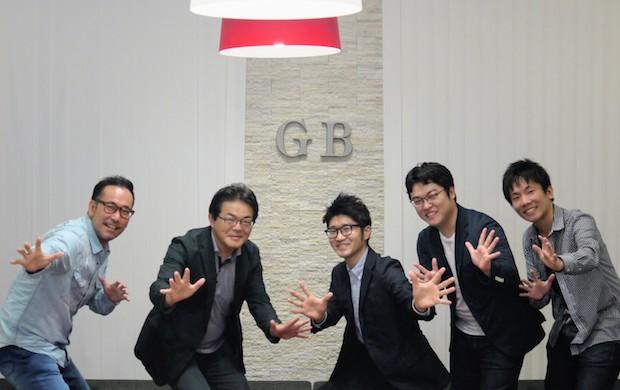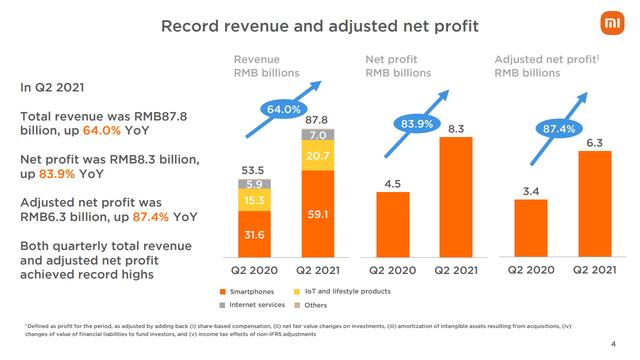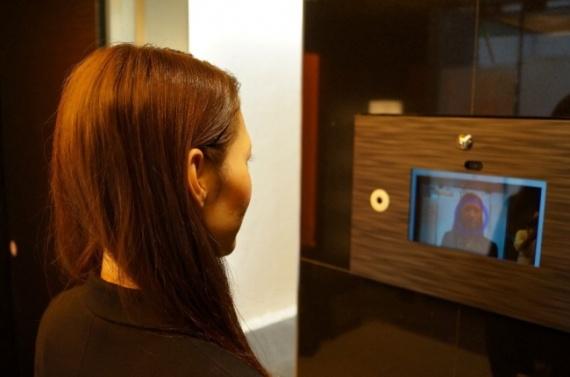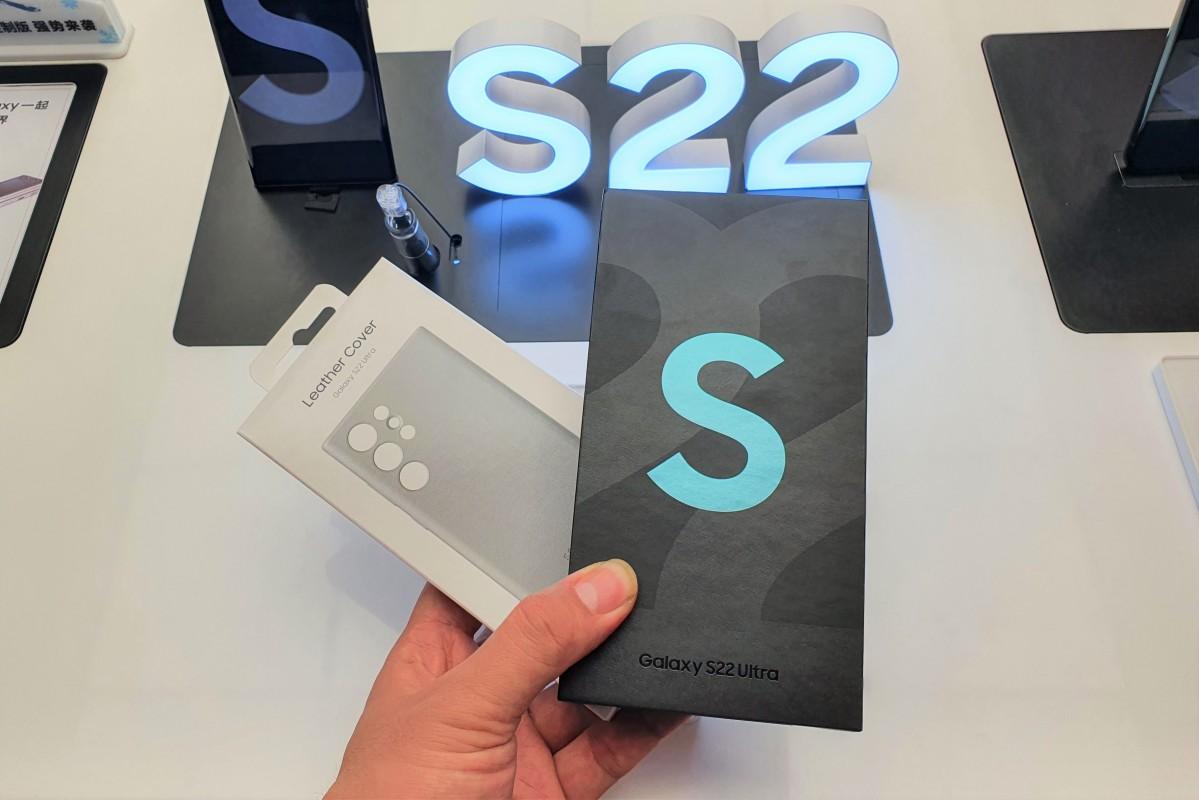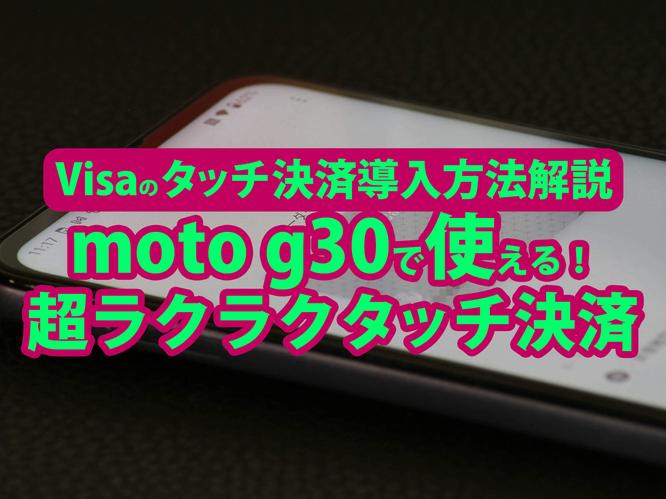After US rival Apple, Chinese tech giant Huawei will launch its own credit card.
Huawei has yet to announce release date or name a backing bank for its new card
Richard Yu, CEO of Huawei's Consumer Business Group, shows off the Huawei Card in the middle of the company's launch of its new P40 smartphone.
The account will offer physical and virtual cards, and its range of smartphones will lead the way in delivering new services.
China's largest (and the world's largest) payments organization, UnionPay, will support the new card through its Near Field Communication (NFC) and QR technology.
New customers of the Huawei card will not receive an annual fee for the first year, while customers using the card will be exempt from the annual fee for the second year as long as they reach a certain payment threshold. The agreement can be extended to four years if the account is linked to Huawei Pay, the tech company's proprietary electronic payment service.
Users of the account will also have access to travel lounges at train stations and airports, while users who pay via the Huawei Pay feature will get cash back.
Yu declined to give a release date for the new account, nor did he name the financial institution backing the card itself.
Apple announced its first consumer credit card in March 2019, reached a partnership agreement with Goldman Sachs, and officially launched it in late August of that year, drawing a lot of attention.
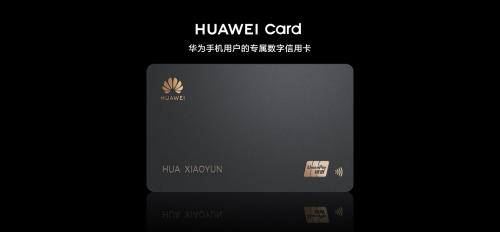
Goldman Sachs quietly released its own new mobile banking app, Marcus, in January, which it expects will become the digital face of Bank of America for the foreseeable future.
Goldman Sachs' partnership with Apple on the Apple Card reportedly stole some of the momentum from Marcus, with the firm telling the American Banker that it has lent the former $2 billion.
CFO Stephen Scherr said on the company's quarterly earnings call: "Marcus' unsecured lending business experienced slower growth, reflecting expectations for our credit card lending since the launch of Apple Card. increase.
Read more: Goldman Sachs cuts personal loans after Apple Card launch
Throughout its history, Huawei has faced difficulties in certain markets, mainly in the United States, due to claims that its infrastructure and technology can be subject to state surveillance by the Chinese government.
Enrique Marron Caballero, director of financial solutions for Huawei Western Europe, told FinTech Futures in 2018 that for Asian companies trying to win business with Western banks , which is a stigma.
"If a traditional U.S. provider fails on a project, bank executives won't be fired," he said.
When approaching banks, Huawei typically starts with "basic platforms" such as server storage and networking.
Caballero said at the time that the company was "fully open" to showcase its infrastructure and coding. Still, he acknowledged that traditional banking conservatism meant the situation was a challenge.


